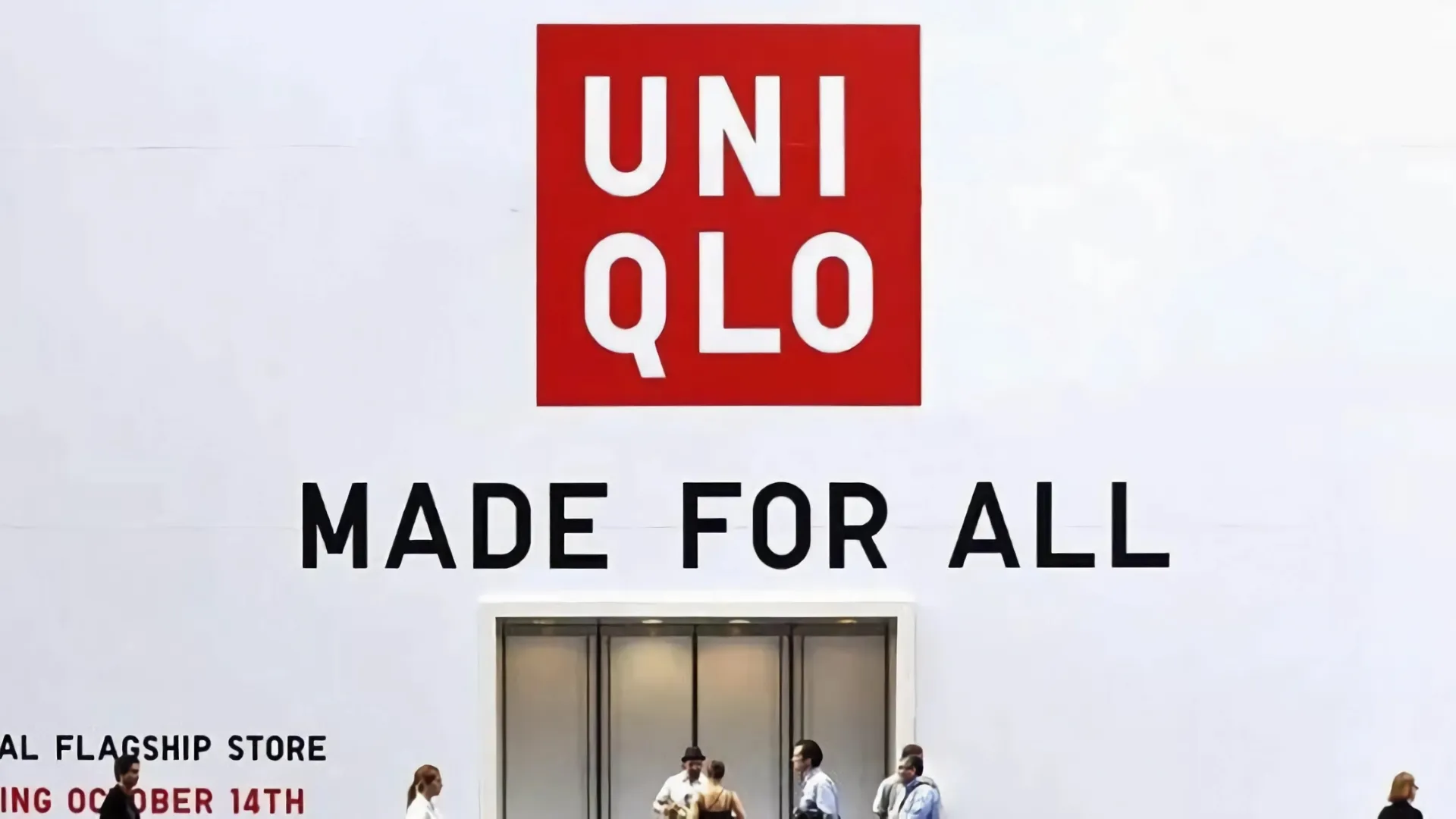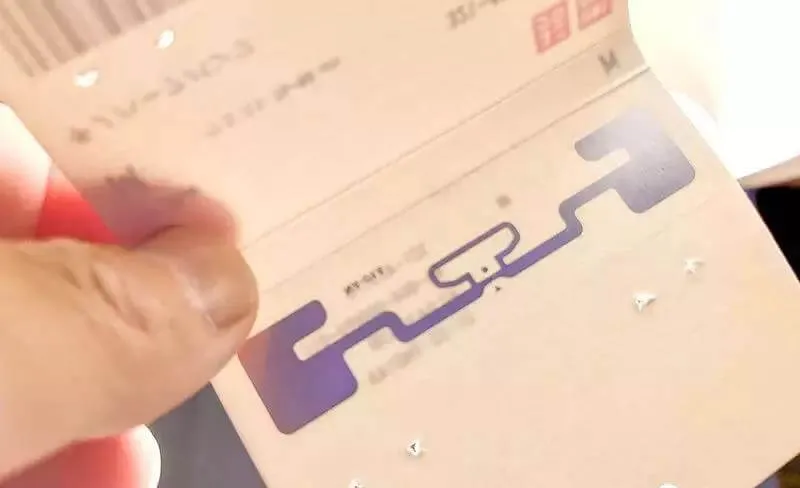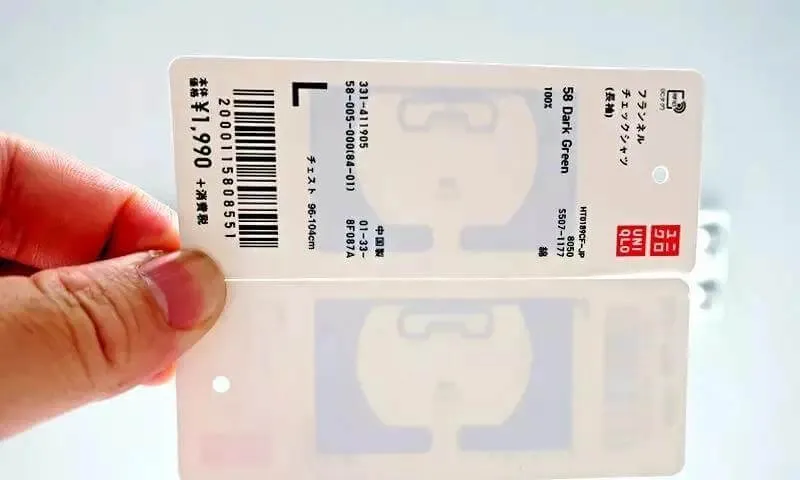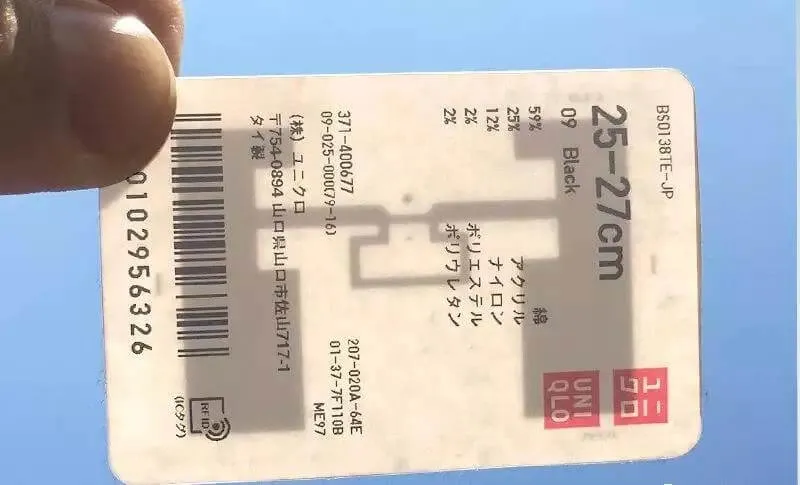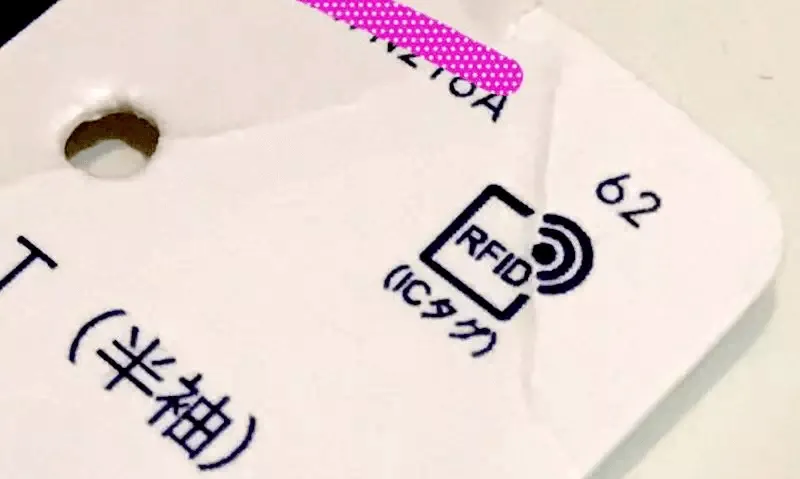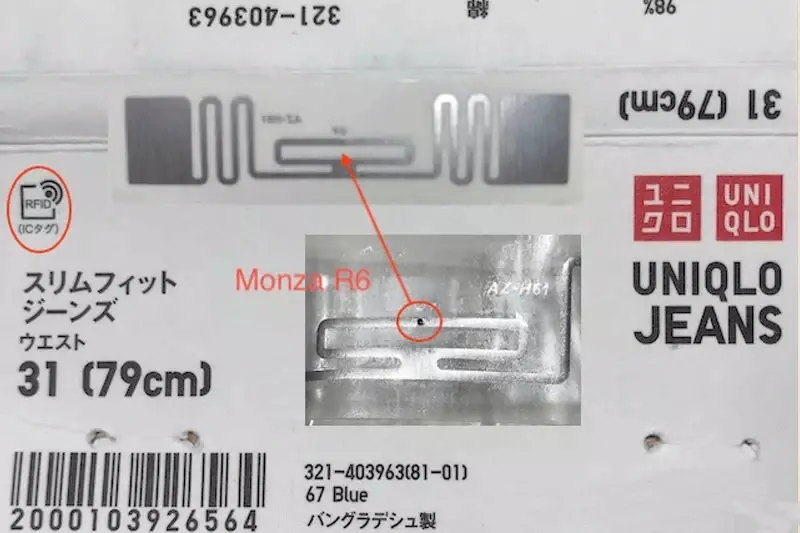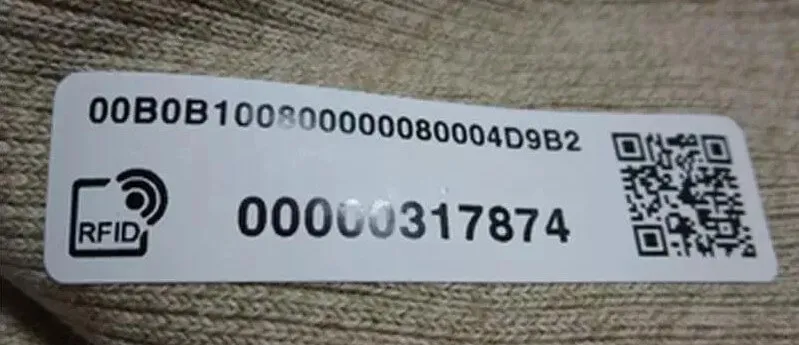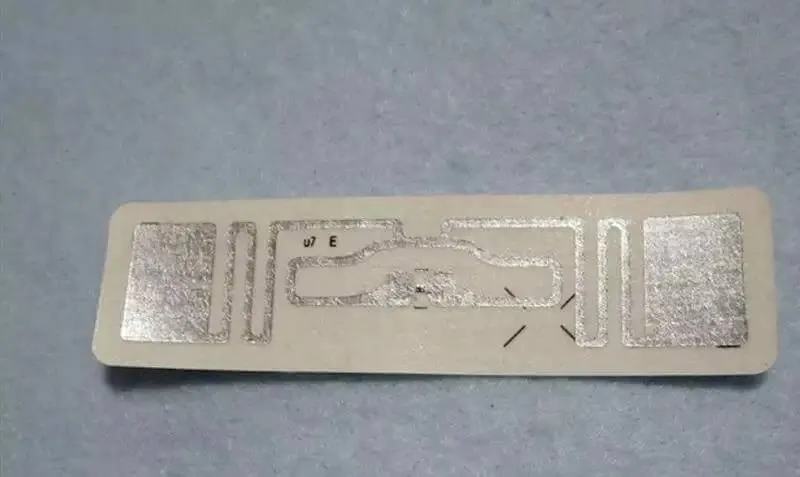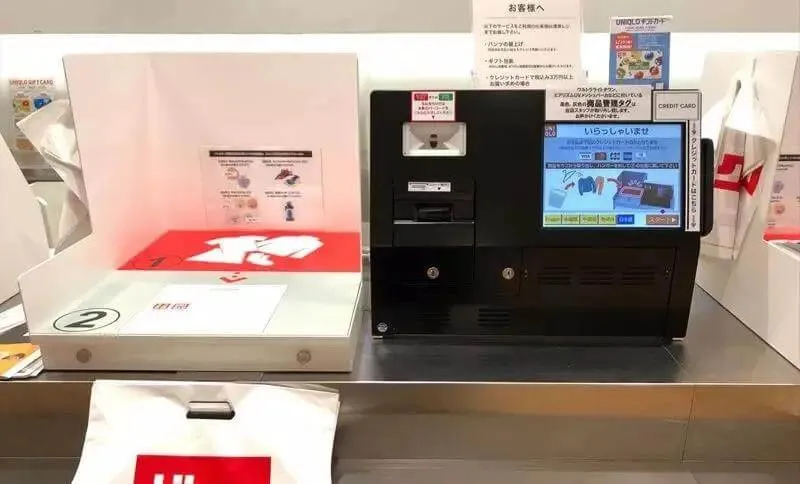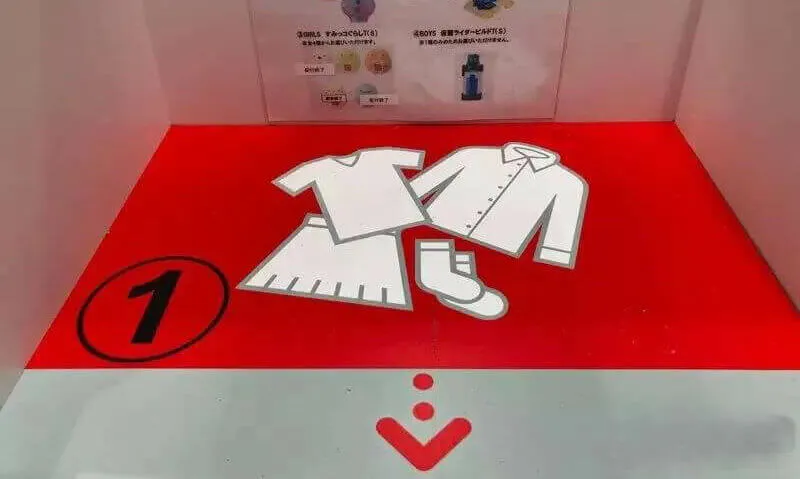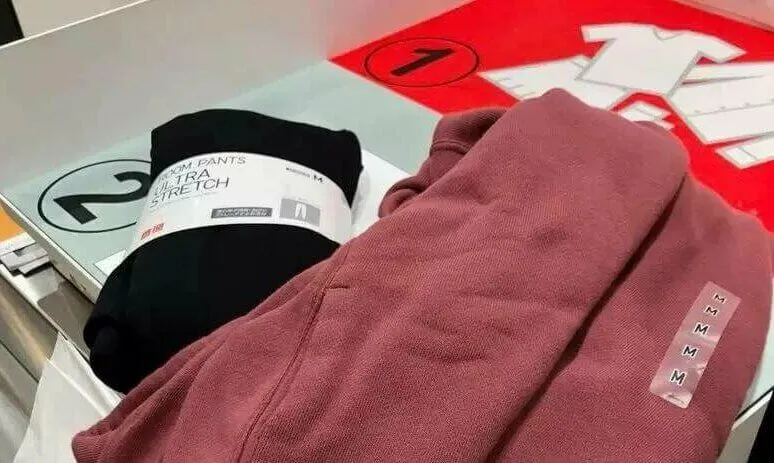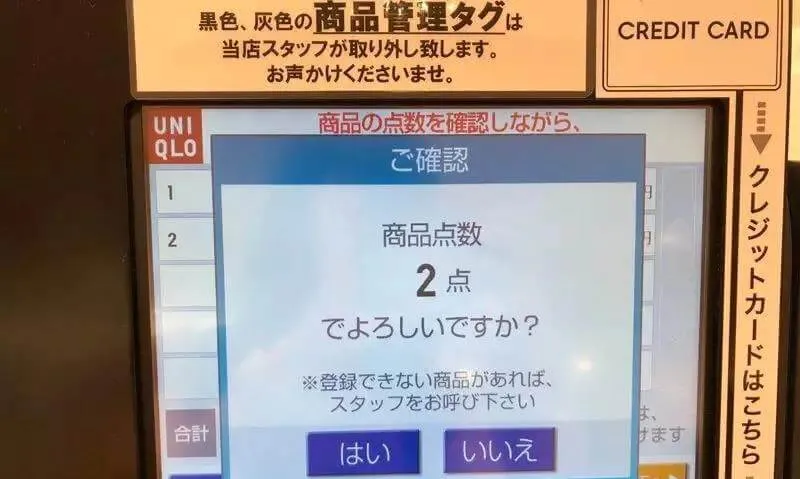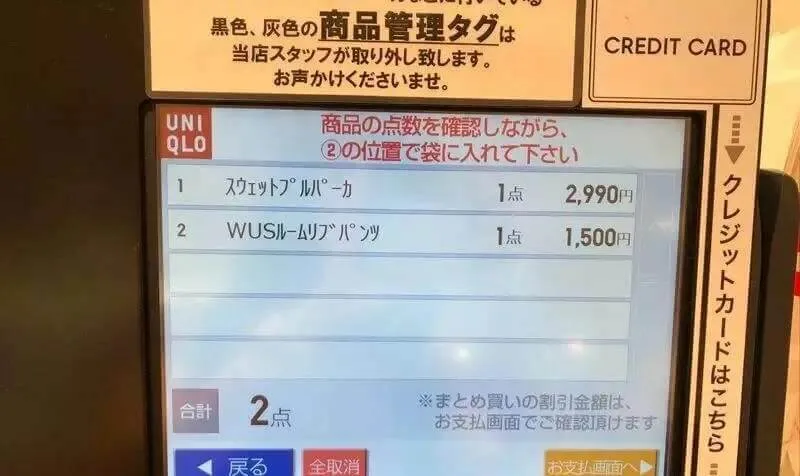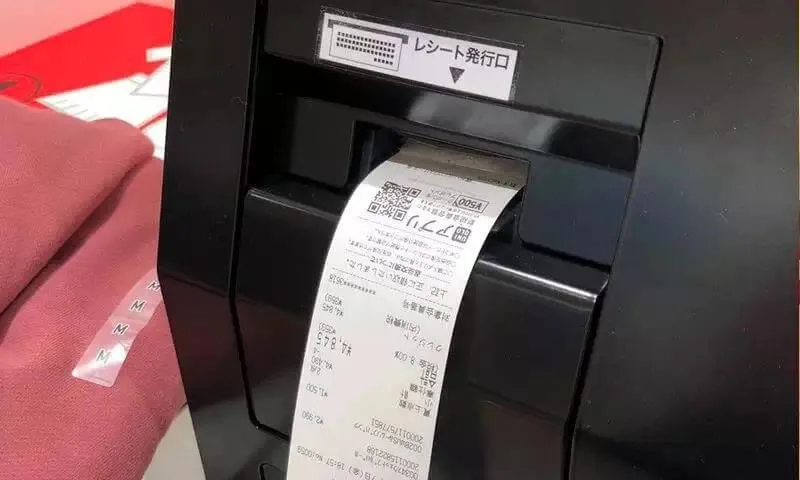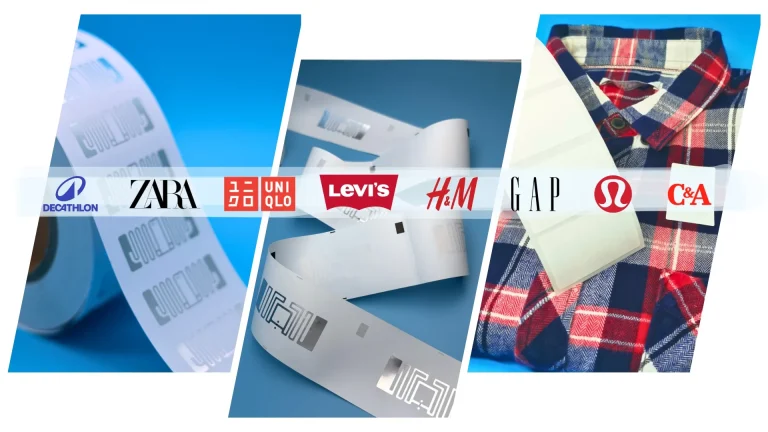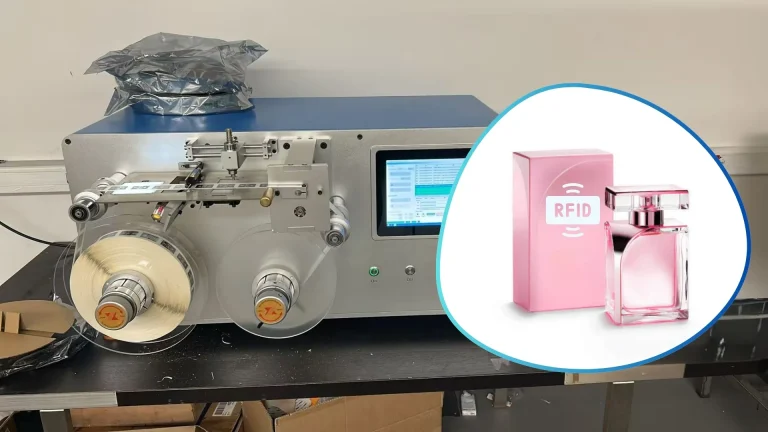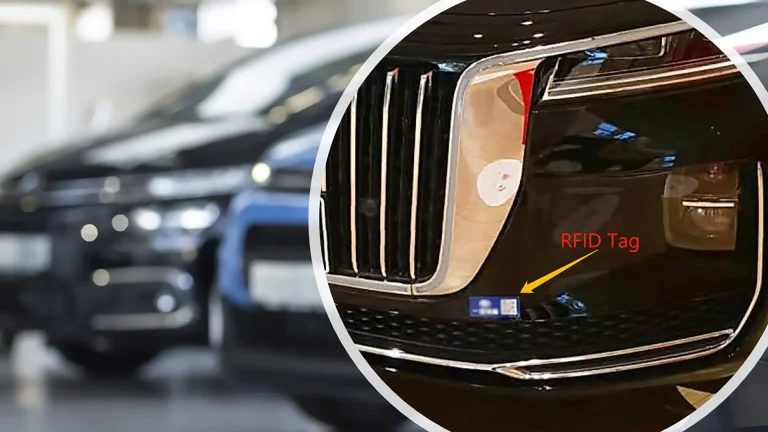RFID Case Study: UNIQLO Global Stores Applied RFID Tags
The retail industry is undergoing a digital transformation, and Radio Frequency Identification (RFID) has become one of the most impactful technologies driving change. From automated inventory management to self-checkout systems and real-time supply chain visibility, RFID allows retailers to achieve unprecedented levels of efficiency.
At the core of every RFID system lies the RFID tag. While readers, software, and integration platforms are essential, without high-quality and reliable tags, the system cannot function effectively. HUAYUAN, with more than 30 years of RFID manufacturing experience, has established itself as a global leader in producing apparel RFID tags.
In this case study, we explore how HUAYUAN’s RFID apparel tags contributed to UNIQLO’s worldwide RFID deployment, and why more retailers are turning to HUAYUAN for large-scale, high-performance RFID tag solutions.
RFID Technology for UNIQLO’s Global Stores
In 2017, Japanese fast fashion giant and UNIQLO parent company Fast Retailing group announced that it will be applied RFID tags in 3,000 stores worldwide within in one year, included 2,000 UNIQLO outlets stores.
UNIQLO is the first Japanese retailer to use RFID tags for apparel in worldwide, but its competitor H & M has introduced RFID technology in 2014; Zara deployed RFID systems in 2017 and has 2,200 retail stores and logistics centers worldwide. Complete the installation of RFID system. Coupled with the sister brand GU’s RFID attempts, the market favorably, these series of cases strongly accelerate the RFID tag application of UNIQLO global stores.
At present, UNIQLO’s RFID reform is in full swing. Featured applications may refer to Fast Retailing’s various brand stores in Yokohama.
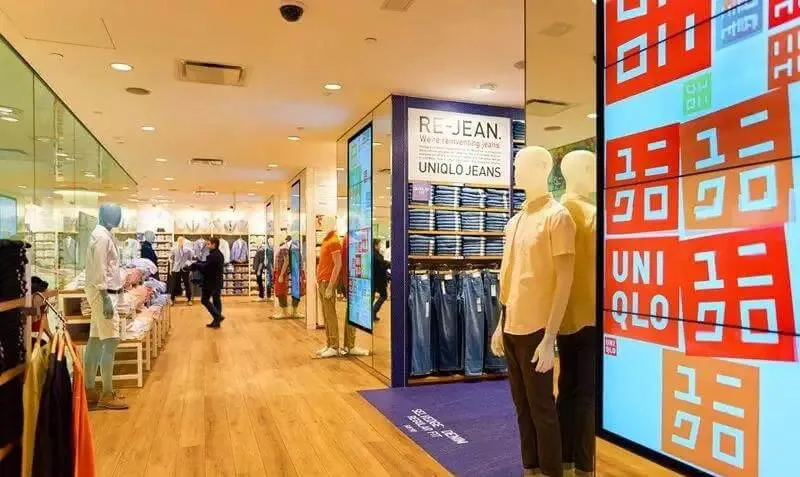
01 UNIQLO RFID Apparel Tag
Compared with bar codes that require manual operation,RFID tags can automatically read information wirelessly, further saving more labor and inventory costs. RFID tags can also collect specific information such as volume, model and color in a timely and accurate manner.
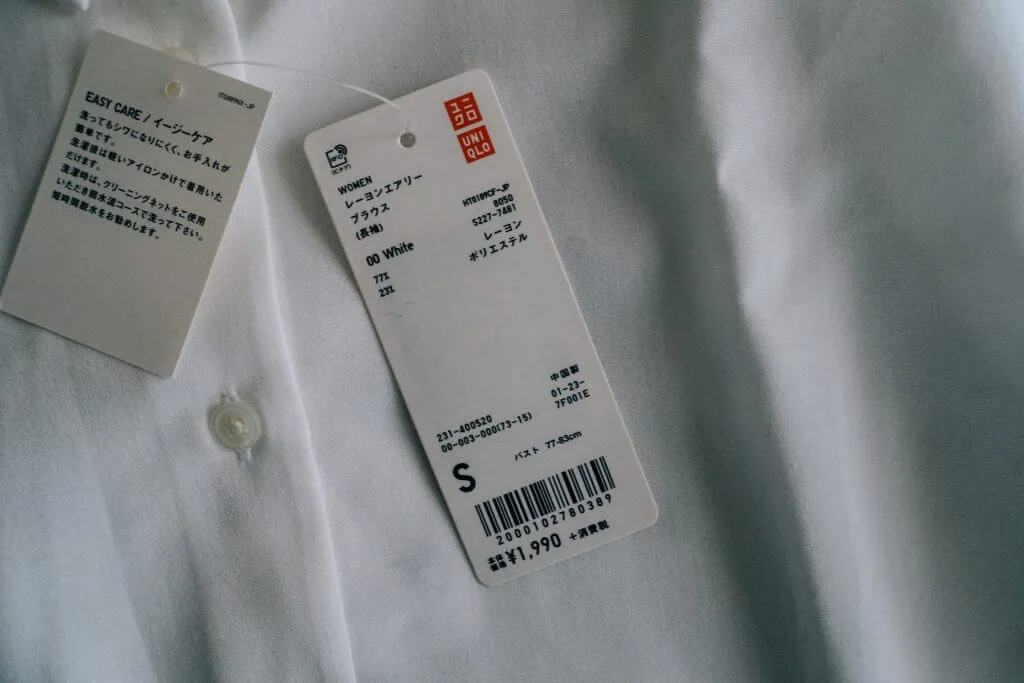
UNIQLO RFID tags are embedded with UHF RFID inlays. Based on the size difference, UNIQLO uses a variety of UHF RFID tags. Here are just three forms.

Slim UHF Tag 
Omnidirectional RFID Label 
Good directional RFID label
In order to attract customers’ attention to RFID, UNIQLO also made a small reminder on the RFID tag. Needless to say, this did arouse the curiosity of customers, and even caused a big discussion among UNIQLO fans. Some curious people also dismantled UNIQLO RFID tags to find out.
02 Smart Self-Checkout
In addition, UNIQLO had also launched an RFID self-checkout counter. After the customer completes the shopping, the clothes on the shopping cart are placed on the RFID self-checkout machine, and the self-checkout machine will scan and give out the bill at one time, then the consumer can swipe the code to pay, and the whole process of self-service is without manual. The use of RFID self-checkout system can not only save the time of payment and inventory management, but also ensure that the company can quickly increase the output of hot products. And it can shorten the checkout time, ensure that the goods are in stock and provide other benefits.

UNIQLO RFID Self-Checkout Counter 
Provide Membership Information for Points 
Commodity Placement Table 
RFID Counts Clothes 
Display Clothes Price 
Self-service Payment Provides Receipt Form
Lots of UNIQLO fans expressed their support and approval for the self-checkout counter, believing that this settlement method greatly reduced their shopping time and increased shopping efficiency. For UNIQLO, this application reduces the cash register labor costs and improves the accuracy of sales data.
In addition to reducing the manual burden on shopping guides, cash register settlement and other levels, RFID also reduces the burden on UNIQLO’s storage and data levels.
03 UNIQLO’s RFID Inventory Management
Under the trend of fast fashion, whether fashion can really “fast up”, the efficiency of logistics warehousing operations is very critical. Especially for chain companies, once the efficiency of the logistics system drops, the operation of the entire company will be exposed to risks. Inventory backlog is a common problem in the retail industry. Ordinary stores are solving this problem by means of discounted sales. Using RFID information technology (forecasting demand), you can use data analysis to provide products that consumers really need, from the source to solve this problem.
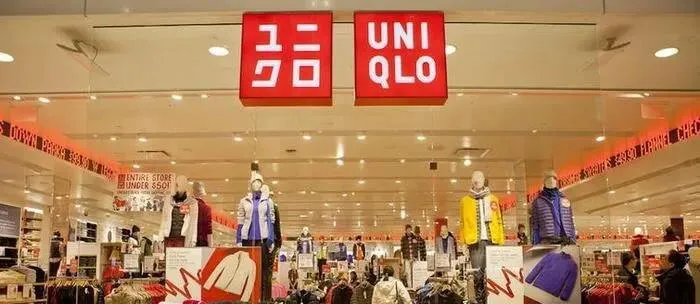
RFID tags can automatically transfer information indefinitely, saving labor costs in inventory management, and more accurately obtain specific information about commodities such as transaction volume, model, color, size, etc., so that the inventory system can be updated in real time.
For example, if a certain item is sold out, you can quickly make a decision to replenish or reproduce it. The time required for electronic label inspection products is only 10% of the current commonly used inventory management system in the industry.
UNIQLO’s initial introduction of RFID tags is also considering this. At present, UNIQLO has applied RFID to its warehouse management.
According to related reports, UNIQLO attached RFID tags to all products and combined with automated material handling equipment. After establishing an automated warehouse, the number of warehouse personnel was reduced from about 100 to 10, saving 90% of labor costs. At the same time, UNIQLO’s production efficiency has increased by 80 times, shipment productivity has increased by 19 times, storage efficiency has increased by 3 times, personnel training costs have been reduced by 80%, and the accuracy of RFID automatic detection has been 100%.
In the Double 11 shopping carnival in 2018, UNIQLO achieved sales of $ 1 billion in one minute. And relying on its excellent automated inventory system, UNIQLO enables customers to pick up goods in offline stores within 24 hours.
04 Future Development Trend of RFID Technology
The retail industry is moving rapidly toward a fully digital and data-driven model, and RFID technology is at the heart of this transformation. As consumers demand faster service, greater product availability, and more personalized shopping experiences, retailers are under pressure to improve visibility and responsiveness across their entire value chain. RFID provides the critical infrastructure to meet these expectations, enabling item level tracking.
In the near future, RFID will play an even more integral role in supporting retail strategies. With shoppers moving seamlessly between online and offline channels, retailers must synchronize inventory across warehouses, distribution centers, and physical stores. RFID allows for accurate, real-time stock data, ensuring that a product shown as “available” online can be located and delivered with confidence. This integration minimizes lost sales opportunities and enhances customer satisfaction.
Looking ahead, RFID is not simply a tool for efficiency; it is becoming the foundation of intelligent retail ecosystems. Retailers that invest in robust RFID infrastructures today will be better equipped to adapt to future demands, scale their operations, and create shopping experiences that are faster, more accurate, and more engaging. UNIQLO’s large-scale adoption demonstrates what is possible, and it is clear that RFID will continue to shape the future of retail worldwide.
05 HUAYUAN RFID Apparel Tags
In the apparel industry, RFID adoption has moved beyond experimentation and is now regarded as a fundamental enabler of digital transformation. Yet, the performance of an RFID system is only as strong as the tags it relies upon. This is where HUAYUAN distinguishes itself. With more than three decades of experience in RFID technology, HUAYUAN manufactures RFID apparel tags that combine durability, reading accuracy, and scalability, meeting the needs of retailers markets.
Our RFID apparel tags are designed for retail environments. They incorporate advanced UHF RFID inlays to ensure long-distance readability and high-speed batch scanning, making them ideal for inventory counts across thousands of SKUs. Whether integrated into hangtags, woven labels, or care labels, HUAYUAN tags maintain consistency and reliability, even in challenging environments such as densely stocked stores or automated warehouses.
Beyond technical performance, HUAYUAN provides extensive customization options to align with brand identity and operational requirements. Retailers can choose from eco-friendly materials, pre-encoded tags for faster deployment. This flexibility allows HUAYUAN to deliver not just RFID functionality, but also a value-added branding tool that enhances the consumer experience while improving operational efficiency.
By combining mass production capacity with stringent quality control, HUAYUAN ensures that every tag leaving its factories is ready for seamless integration into large-scale retail ecosystems. For retailers seeking both reliability and adaptability, HUAYUAN RFID apparel tags are more than components; they are a foundation for achieving smart retail success.

